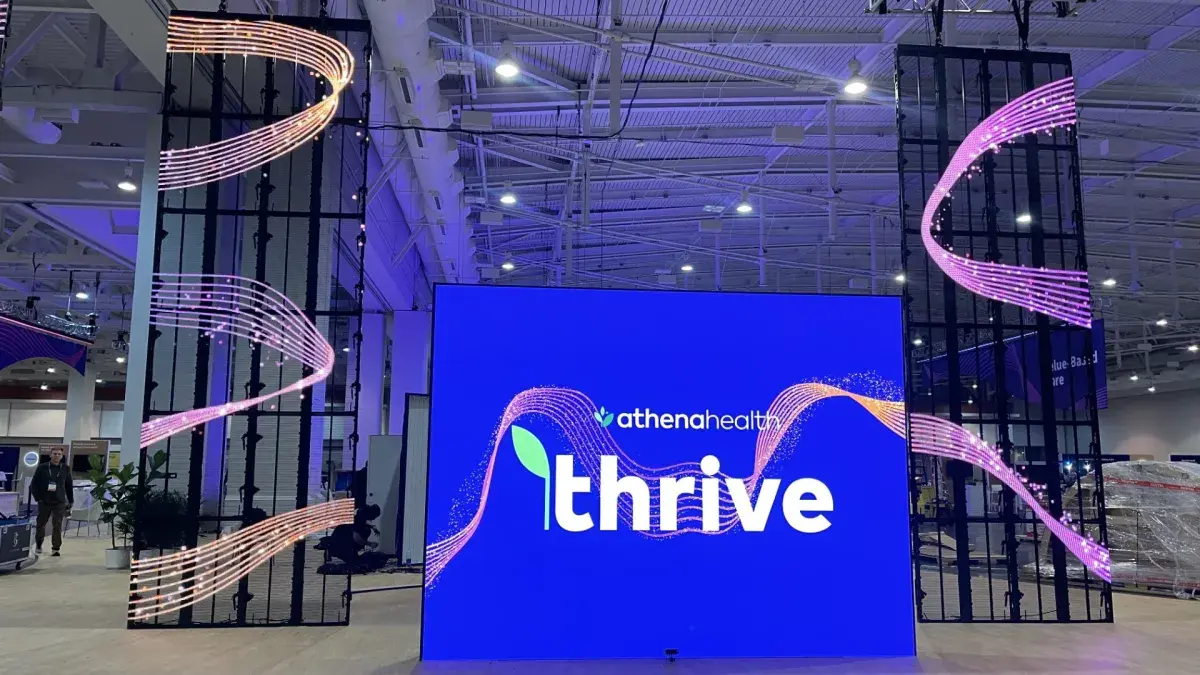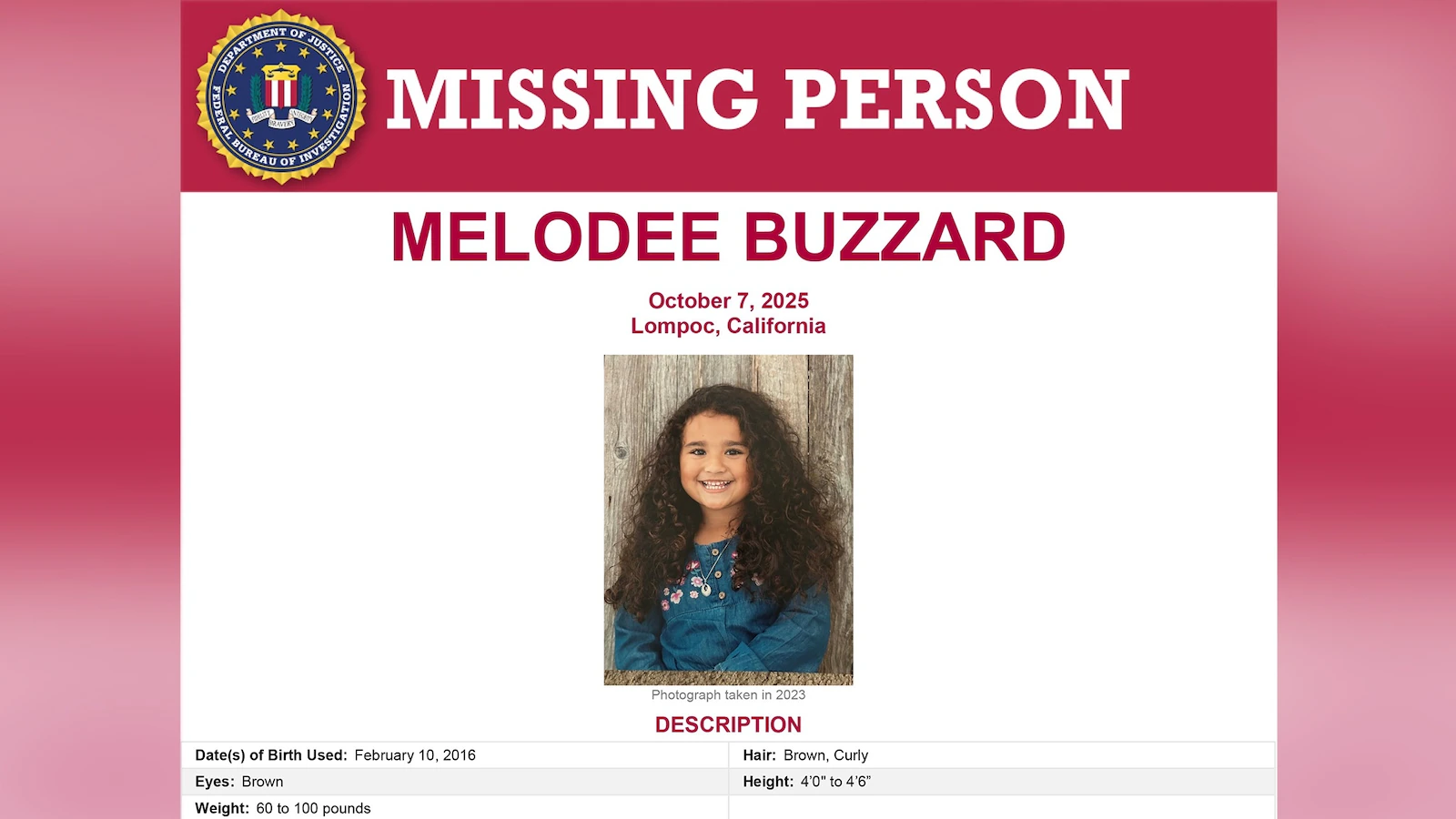Copyright Newsweek

More than 2,000 athenahealth patrons are gathering in Nashville, Tennessee, this week for the electronic health record vendor’s annual customer event—and they’re in for a “big reveal,” CEO and Chairman Bob Segert told Newsweek. On Tuesday morning, athenahealth announced multiple AI features, including an ambient digital scribe called athenaAmbient and a clinical copilot named Sage. These capabilities will begin user testing in the first half of 2026, and clients will not have to pay an additional fee to access them, according to Segert. “Importantly for our customers who today to get ambient notes through a partner or through one of our other solutions, this will all be embedded in the core athenaOne fee and will not be at any incremental charge,” he said. “So this will be a really big economic advantage for those customers, to use our native AI features.” Customers will still be able to use external vendor solutions if they choose, Segert added. But athenahealth sees the tech as “foundational” as it looks to launch broader AI offerings, like solutions for medical coding, prior authorization and revenue cycle support. The company also feels that it’s “the right thing to do” for its customers, Segert said. “We think ambient is a feature, not a business,” he said, “and we want to make sure that all of our practices have access to this technology, because it improves quality of care, improves patient engagement and actually reduces physician burnout and improves the overall health of the U.S. health care system." Athenahealth isn’t the first EHR vendor to crack the ambient scribe space this year. Meditech integrated ambient listening technology into its platform in May, and Epic announced its own scribing tool in August. However, there’s something unique about athenahealth’s solutions: It will be automatically added to clinicians’ EHR workflow. Health systems will not have to turn the feature on, which Segert claims will make this implementation “zero work for the client.” They’ll just need to seek patient consent before using the tool in clinical encounters. Clinicians will be able to toggle the tools on and off, switching between the native athenahealth platform and the AI-enabled version at their leisure. Athenahealth took this route for a few reasons, according to Segert. First, there will still be simple patient appointments that don’t require AI assistance. And second, change management is still a hurdle for many health systems as they navigate AI implementation. Giving clinicians the option to flip the AI switch is “going to allow people to build and navigate between the two [versions of the EHR], to gain trust in the AI,” Segert said. “And I think that’s going to be a huge value add.” The company also expects its Sage copilot to be a hit: summarizing patient charts, answering clinicians’ questions at the point of care and even nudging doctors to supplement their interactions with more information. For example, many insurance companies require physicians to talk with their patients about other weight management options before they’ll approve GLP-1s. If a doctor is discussing GLP1-s with a patient and hasn’t brought up other solutions yet, Sage might prompt them to talk about it, Segert said. The tool is primarily trained using ChatGPT but has the capability to switch up in the future. “The way it’s architected, we can interchange LLMs, because we do not know for sure who’s going to win the LLM race,” Segert said, “and I think that different LLMs are going to have different functionality, capabilities in different situations, to allow us to have a multimodal LLM solution that provides the best of both worlds.” While the market is hot for AI tools, athenahealth’s success won’t be clear until its solutions hit the EHR next year. More than 170,000 providers currently use the platform, which is a favorite for ambulatory care practices.



